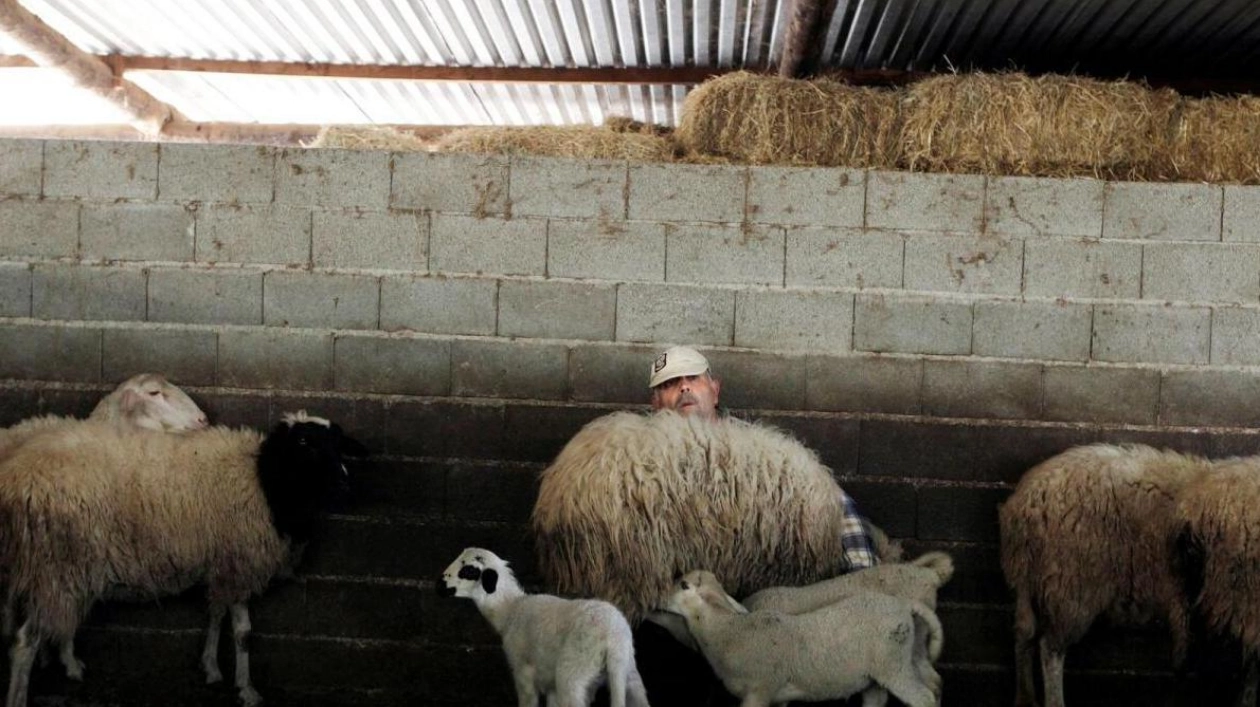Greece has implemented a ban on the movement of sheep and goats from their farms in an effort to control a viral infection known as 'goat plague,' following the detection of new cases over the weekend, according to the agriculture ministry on Monday.
The virus, also referred to as Peste des Petits Ruminants (PPR), is not harmful to humans but is highly contagious among goats and sheep, with the potential to kill up to 70% of infected animals. Approximately 8,000 animals have been culled and over 200,000 tested, primarily in the central Thessaly region where the outbreak was first identified on July 11, revealed Georgios Stratakos, a senior agriculture ministry official, to Reuters.
Two additional cases were identified at farms in the central Larissa region and in the southern area of Corinth over the weekend, the agriculture ministry stated on Monday. 'Strengthening the security measures nationwide is considered necessary for preventive reasons and is intended to limit the spread and eliminate the disease,' the ministry noted in a statement.
PPR was initially described in Ivory Coast in 1942 and has since spread globally. The United Nation's Food and Agriculture Organisation estimates that the disease causes losses of up to $2.1 billion worldwide each year. Greece hosts the largest number of goats in Europe, according to Stratakos. Their milk, a key ingredient in Greece's signature feta cheese, plays a significant role in the economy.
Upon detection of a case, the entire flock is culled, the affected farm is disinfected, and authorities test animals in nearby areas for the disease, adhering to protocols established by the European Union. Greece is continuing the epidemiological analysis of the cases and the route of 'possibly suspect imports' to pinpoint the source of the outbreak, the agriculture ministry added.






